How Many Tons is a Tank Truck?
Tank trucks, or tanker trucks, are vital components in the logistics and transportation industries. They are designed to carry liquids or gases in large volumes, which is essential for transporting petroleum products, chemicals, water, and other substances. A fundamental question that arises when discussing these vehicles is: how many tons is a tank truck? This question is more complex than it might initially appear, as it depends on various factors, including the type of tank truck, its configuration, and the nature of the cargo.
Types of Tank Trucks
Tank trucks come in various types, each tailored to specific purposes and cargo types. The most common types include:
1. Fuel Tankers: These are used to transport petroleum products such as gasoline, diesel, and jet fuel.
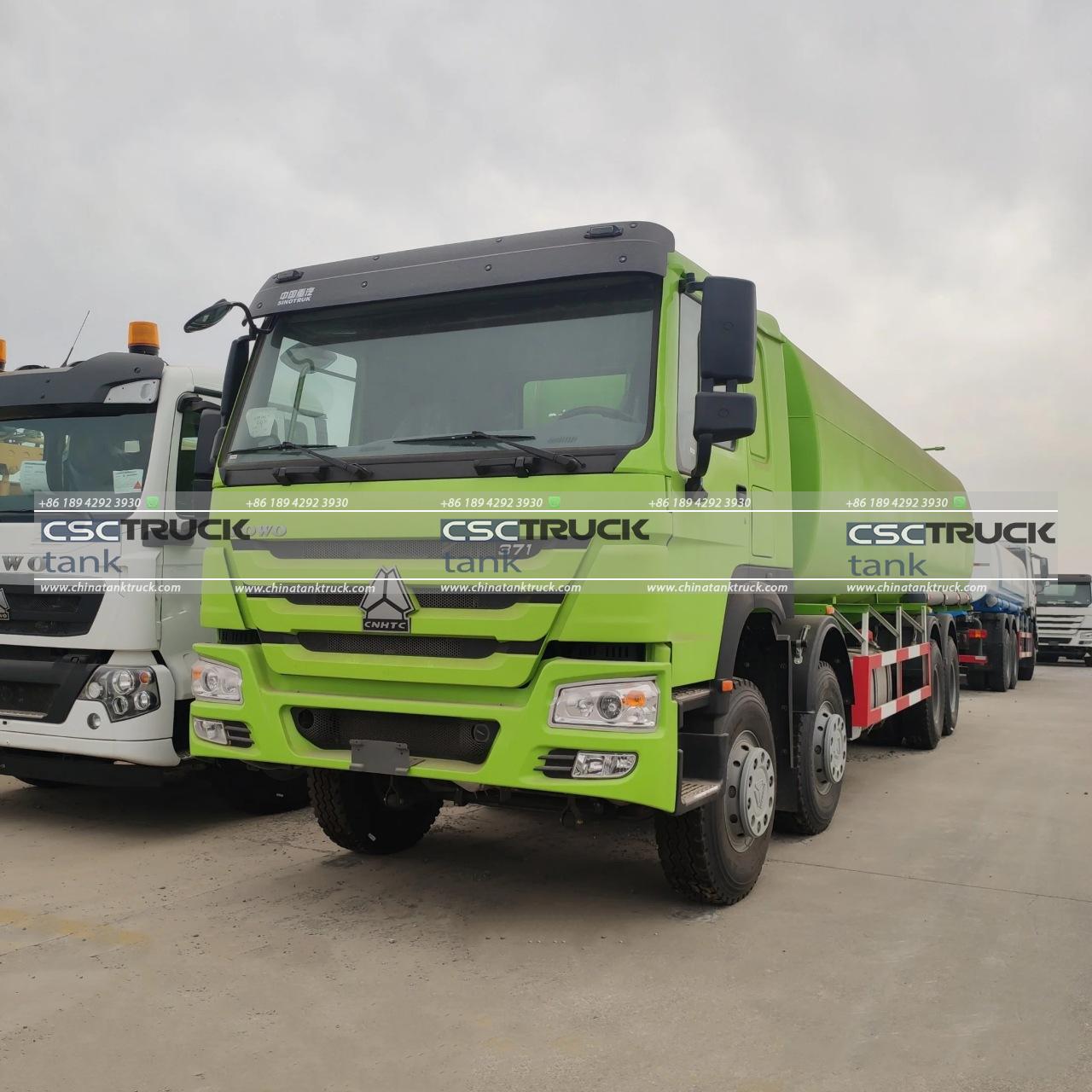
2. Chemical Tankers: Designed to carry hazardous and non-hazardous chemicals.
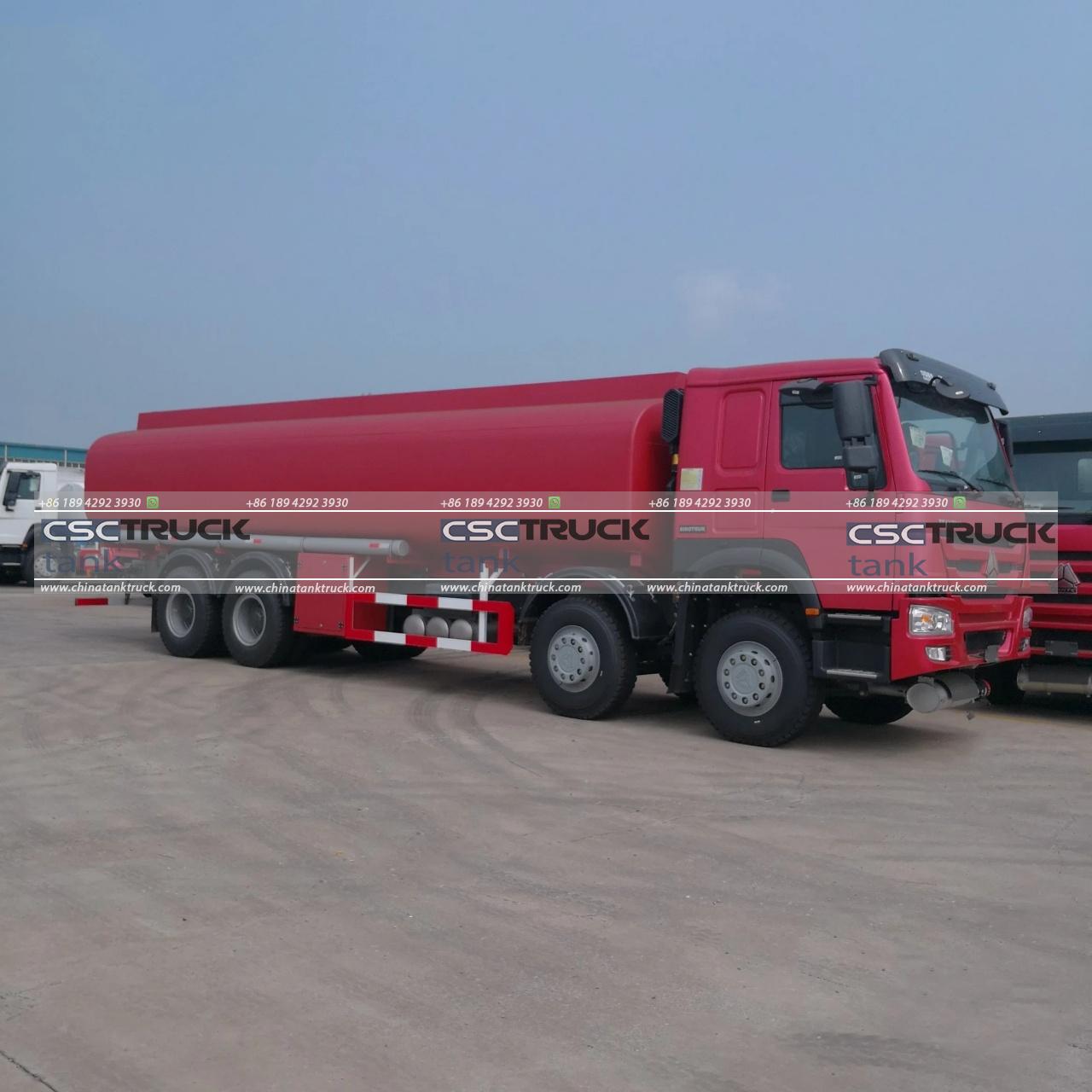
3. Water Tankers: Utilized for transporting potable and non-potable water.
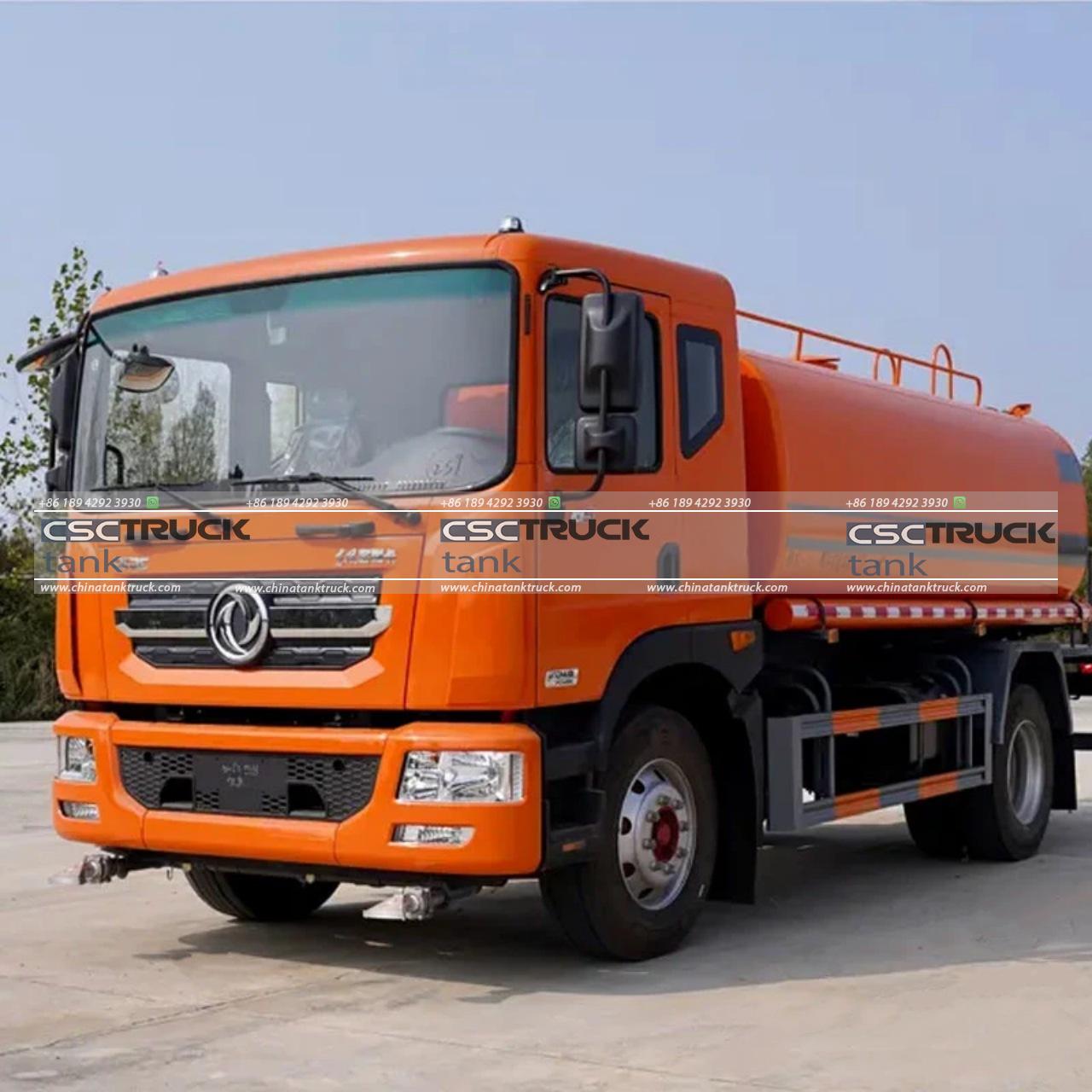
4. Food-Grade Tankers: Specifically designed for transporting edible liquids like milk, juice, and oils.
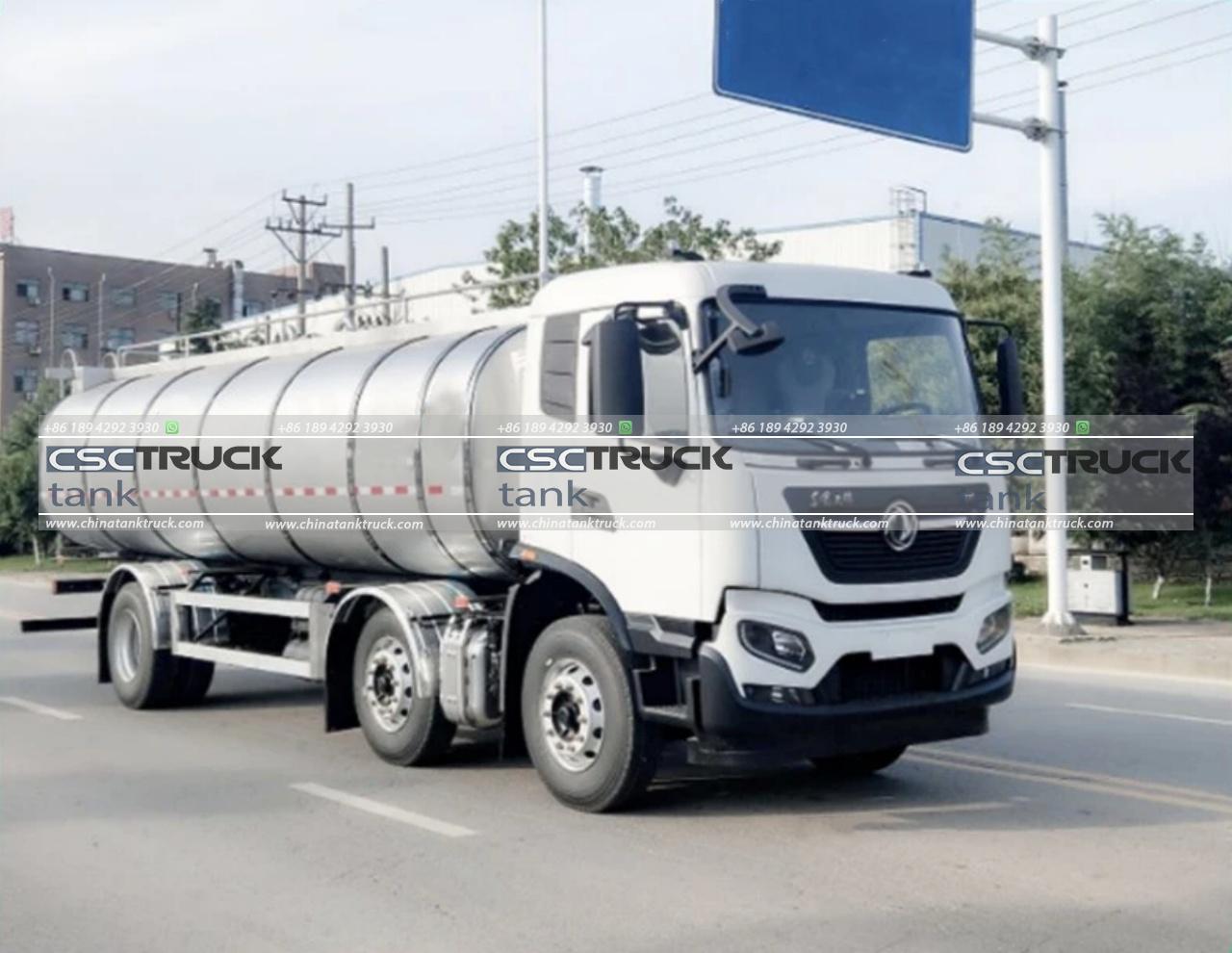
5. Gas Tankers: Used for transporting liquefied gases such as LPG (liquefied petroleum gas) and LNG (liquefied natural gas).
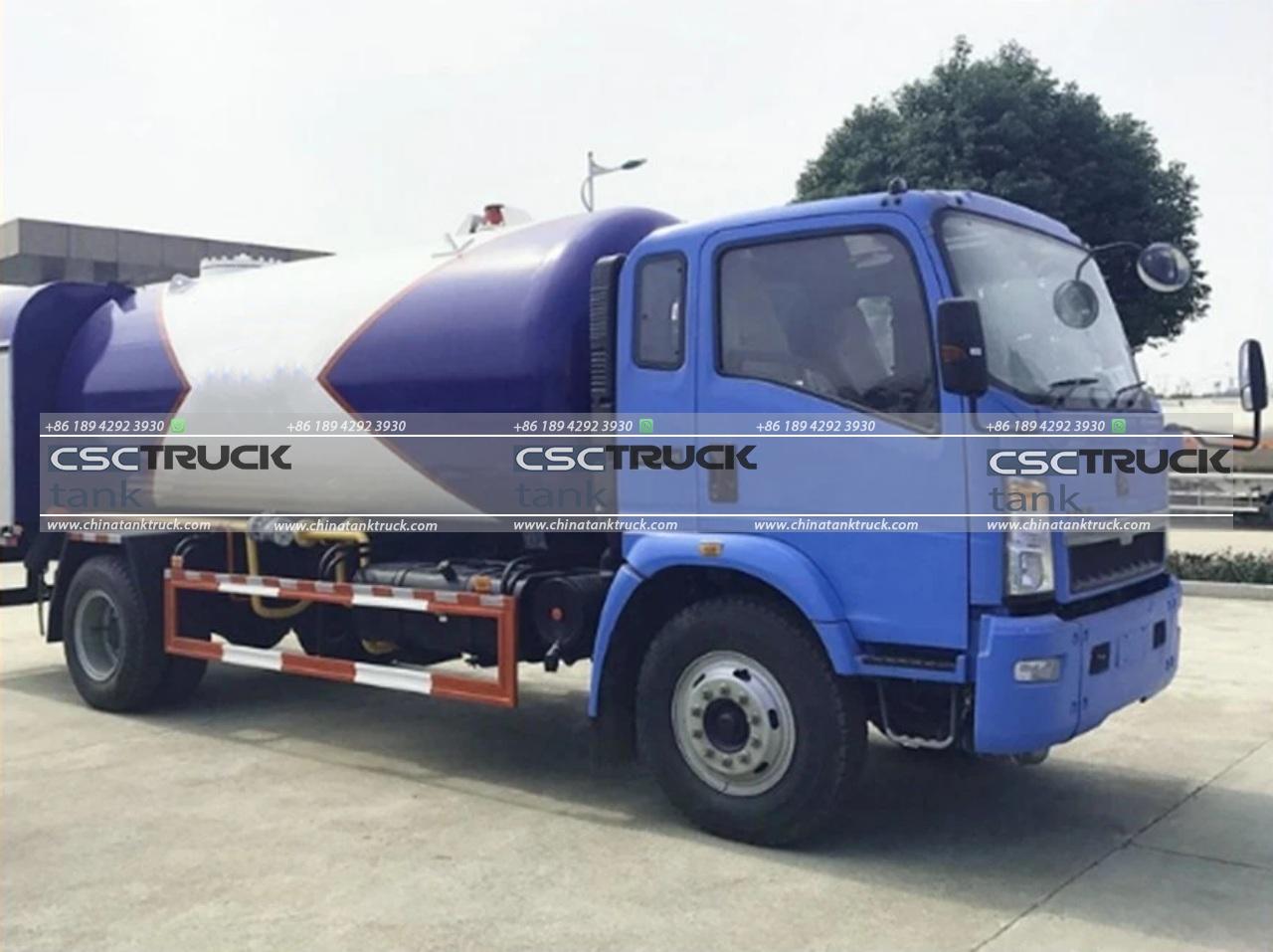
Factors Influencing Tank Truck Capacity
Several factors influence the capacity of a tank truck, including:
1. Truck Configuration: The size and type of the truck chassis play a crucial role in determining the overall capacity. Larger trucks with more axles can carry more weight.
2. Tank Size: The volume of the tank itself is a direct determinant of how much liquid or gas it can carry.
3. Material Density: Different liquids and gases have different densities, which affects the weight of the cargo.
4. Regulatory Limits: Local and international regulations often impose weight limits on vehicles to ensure road safety.
Calculating the Weight of a Tank Truck
To understand how many tons a tank truck can carry, it is important to distinguish between 2 key concepts: Gross Vehicle Weight (GVW) and Payload Capacity.
1. Gross Vehicle Weight (GVW): This is the total weight of the truck when fully loaded, including the weight of the vehicle itself, the tank, the cargo, and any additional equipment or passengers.
2. Payload Capacity: This is the weight of the cargo that the truck can carry, excluding the weight of the truck and the tank.
The GVW of a tank truck is typically regulated by transportation authorities and varies by region. For instance, in the United States, the federal weight limit for trucks on interstate highways is 80,000 pounds (approximately 36.3 tons).
Typical Capacities by Type
1. Fuel Tankers: Fuel tankers usually range from 5,000 to 11,600 gallons. Given that gasoline weighs about 6.3 pounds per gallon, a fully loaded large fuel tanker can weigh between 31,500 and 73,080 pounds (approximately 14.3 to 33.1 tons) for the fuel alone.
2. Chemical Tankers: The capacity of chemical tankers varies widely due to the diverse nature of chemicals transported. For instance, a chemical tanker with a 7,000-gallon capacity carrying a liquid with a density similar to water (8.34 pounds per gallon) would carry approximately 58,380 pounds (26.5 tons) of cargo.
3. Water Tankers: Water tankers typically carry between 1,000 and 6,000 gallons. Since water weighs 8.34 pounds per gallon, a 6,000-gallon tanker would carry 50,040 pounds (22.7 tons) of water.
4. Food-Grade Tankers: These tankers, often used for milk, juice, or oils, also vary in capacity. A milk tanker with an 8,000-gallon capacity would carry around 66,720 pounds (30.3 tons), given that milk weighs about 8.34 pounds per gallon.
5. Gas Tankers: Gas tankers have different metrics due to the compressibility of gases. An LPG tanker might carry around 9,000 gallons, with propane weighing approximately 4.24 pounds per gallon, totaling around 38,160 pounds (17.3 tons).
Example Calculations
Consider a standard 8,000-gallon fuel tanker carrying diesel:
– Diesel density: ~7.1 pounds per gallon.
– Cargo weight: 8,000 gallons * 7.1 pounds/gallon = 56,800 pounds (25.8 tons).
Now, consider the truck itself:
– Typical tanker truck weight: 20,000 pounds (9.1 tons).
Adding these together, the GVW would be:
– GVW: 56,800 pounds + 20,000 pounds = 76,800 pounds (34.8 tons).
This example illustrates that while the payload capacity (56,800 pounds or 25.8 tons) is a significant portion of the total weight, the truck’s weight also contributes substantially to the overall GVW.
Regulatory Considerations
Regulatory bodies impose limits to ensure safety and prevent road damage. In the European Union, the maximum permissible GVW for a standard 5-axle truck is 40,000 kilograms (approximately 44 tons). In the United States, as mentioned, the limit is 80,000 pounds (36.3 tons). Special permits are required for loads exceeding these limits, and these often come with additional safety requirements and route restrictions.
Conclusion
The weight of a tank truck, in terms of how many tons it carries, is a multifaceted topic influenced by the type of truck, its configuration, the cargo’s density, and regulatory frameworks. Generally, tank trucks can carry from around 10 tons for smaller, specialized vehicles to upwards of 30 tons for larger fuel and chemical tankers. Understanding these factors is crucial for logistics planning, ensuring compliance with regulations, and maintaining safety on the roads.
Tank trucks are indispensable in modern logistics, and their capacities are tailored to meet the diverse needs of industries reliant on liquid and gas transportation. As regulations evolve and technology advances, the capabilities and efficiencies of tank trucks will continue to adapt, reinforcing their critical role in the global supply chain.

